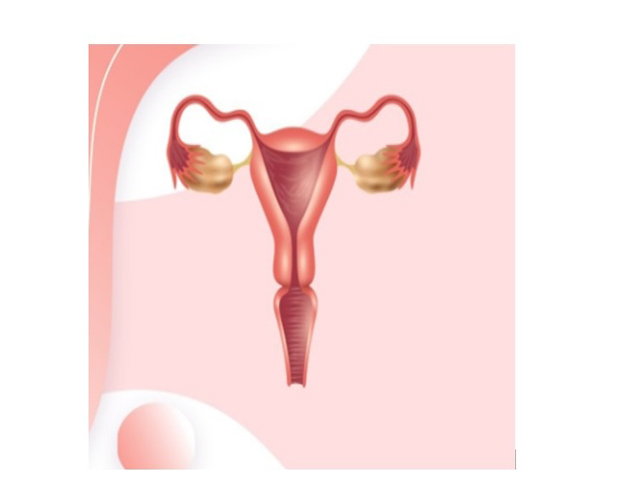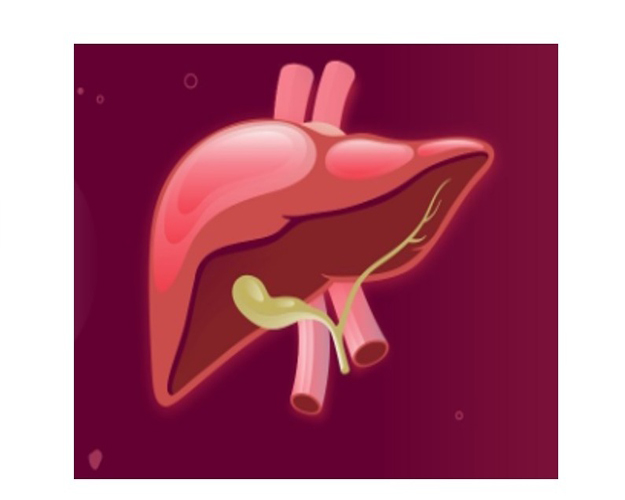
How to Control Diabetes Naturally: Expert Tips for a Healthy Lifestyle
Managing diabetes naturally is achievable with dedicated lifestyle changes, dietary adaptations, and the inclusion of traditional and evidence-based practices. Expert recommendations emphasize a holistic approach to controlling blood sugar, maintaining overall health, and minimizing reliance on medication when possible.
Understanding Natural Diabetes Control
Natural diabetes control means utilizing diet, exercise, stress management, and herbal remedies to support healthy blood sugar levels. While medication is often necessary, especially for Type 1 diabetes, natural methods can complement treatment for both Type 1 and Type 2 diabetes, and may allow some individuals with Type 2 to reduce medication dependency under medical guidance.
Expert Tips for a Healthy Lifestyle
1. Dietary Choices
a. Focus on complex carbohydrates: Whole grains (brown rice, buckwheat, oats), fruits, vegetables, pulses (beans, lentils), and dairy (unsweetened yogurt and milk) are excellent choices. These foods have low glycemic
b. indices and help stabilize blood sugar.
c. Increase dietary fiber: Fiber slows glucose absorption, keeping blood sugar levels stable. Fruits, vegetables, whole grains, and legumes are the best sources.
d. Reduce salt and processed foods: Limiting sodium intake and avoiding processed foods lowers the risk of hypertension and cardiovascular complications, which are common in diabetic patients.
e. Limit red and processed meats: Choose lean proteins such as fish, chicken, and plant-based sources to reduce cholesterol and improve heart health.
d. Healthy fats: Include nuts, seeds, avocados, and olive oil, while limiting saturated and trans fats.
2. Powerful Natural Remedies
a. Fenugreek seeds: Known for their blood sugar-regulating properties, fenugreek can be consumed soaked or sprouted, often included in Indian recipes.
b. Bitter gourd (karela): This vegetable is popular in Indian cuisine and supports blood sugar control. Use it in dishes or drink its juice moderately.
c. Cinnamon and turmeric: Both spices help reduce blood glucose when incorporated into meals or beverages.
d. Amla (Indian gooseberry): Rich in vitamin C, amla can be taken fresh or as juice to aid diabetes management.
e. Neem, jamun (Indian blackberry), curry leaves, bael leaves, and gurmar: These traditional herbs and plants have shown efficacy in regulating blood sugar, but should be used after professional consultation.
3. Physical Activity
a. Regular exercise: Brisk walking, cycling, swimming, or yoga for 30 minutes most days helps lower blood glucose, maintain healthy weight, and improve insulin sensitivity.
b. For those new to exercise: Start slow and gradually increase intensity. Daily physical activity, even simple acts like using stairs or gardening, benefits diabetes control.
4. Weight Management
a. Lose excess weight: Central obesity (weight around the waist) plays a significant role in insulin resistance. Practice portion control and choose high-nutrient foods to sustain healthy weight loss.
b. Maintain weight loss: Sustained weight control is key to diabetes reversal or reduction of symptoms.
5. Stress Reduction
a. Practice yoga and meditation: Stress can elevate blood sugar; mindfulness, meditation, and yoga help manage stress and promote well-being.
b. Sleep hygiene: Aim for consistent, restful sleep as sleep deprivation can disrupt metabolic health and worsen diabetes.
6. Blood Sugar Monitoring
a. Check glucose regularly: Track trends to understand which foods and activities cause spikes or dips in blood sugar. This empowers personalized adjustments in routine.
7. Consistent Medical Checkups
a. See your healthcare provider: Routine exams and lab tests (A1c, cholesterol, blood pressure) are essential, as natural methods are most effective when combined with medical supervision.
b. Adjust medications carefully: With professional guidance, many individuals can reduce dosage or discontinue some medicines as lifestyle changes begin to take effect.
Evidence-Based Traditional and Herbal Remedies
India’s wealth of medicinal plants—such as garlic (Allium sativum), aloe vera, holy basil (tulsi), and Phyllanthus amarus (bhuiamala)—offer additional support for managing diabetes. Many of these have shown hypoglycemic effects in research, but safety and efficacy depend on proper use and existing medications. Always consult a healthcare expert before incorporating herbs or supplements.
Key Considerations for Natural Diabetes Control
1. Personalization: Adapt diet, exercise, and remedies according to age, health status, and any concurrent medications.
2. Consultation: Always seek professional advice before making major changes or adding traditional herbal remedies.
3. Consistency: Success in natural diabetes management depends on sustained, daily healthy practices.
Conclusion
Controlling diabetes naturally is possible by prioritizing a balanced diet, regular physical activity, disciplined weight management, stress reduction, blood sugar monitoring, and informed use of traditional remedies. Expert consultation ensures safety and maximizes the benefits of these lifestyle strategies, helping individuals to live actively and healthily while keeping diabetes under control.









